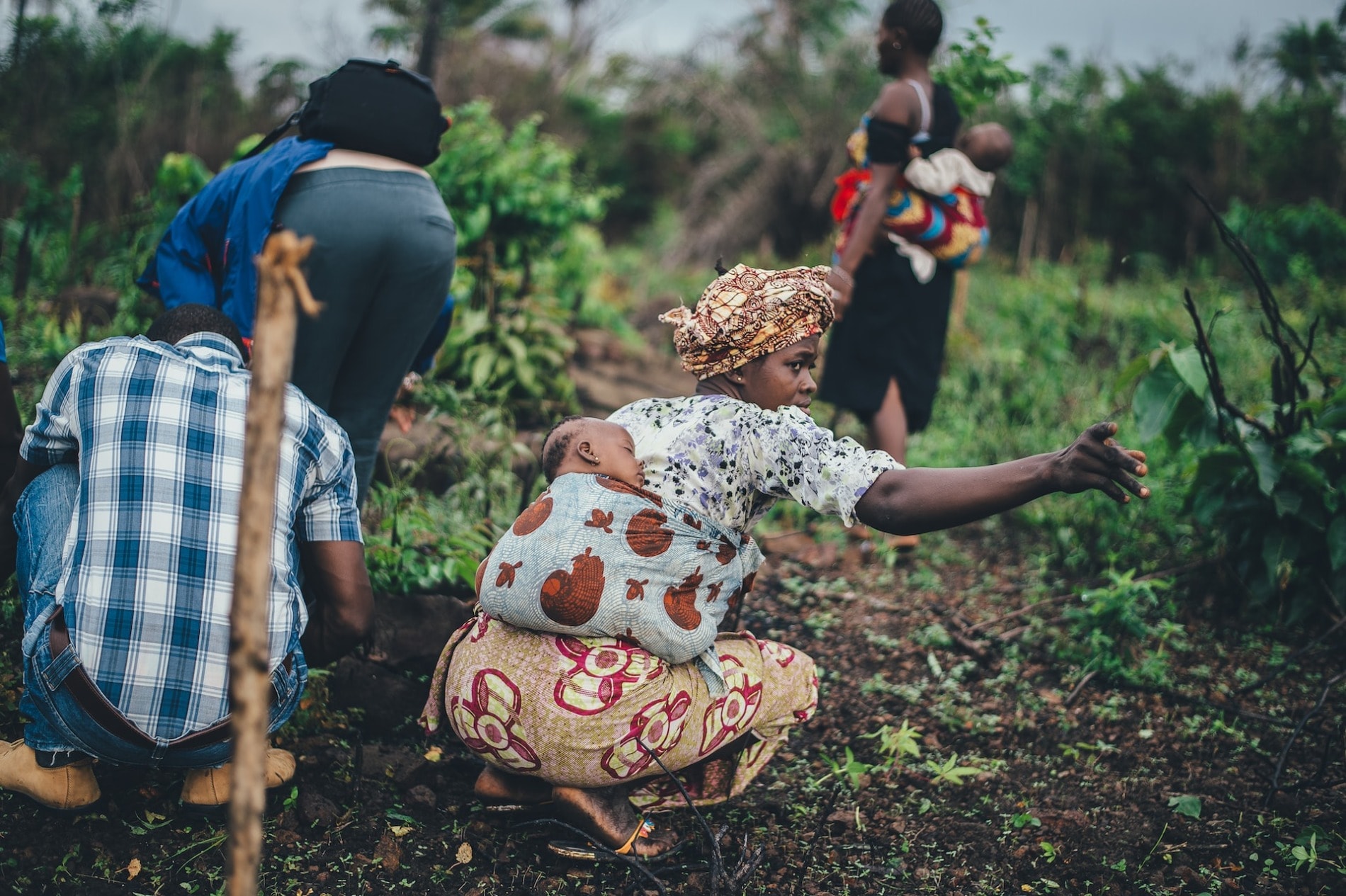In pursuing economic growth and development, societies have long relied on GDP (Gross Domestic Product) to measure success. However, given the polycrisis we face, from rising inequalities to the climate and biodiversity crises, it is time to critically examine this narrow framework’s flaws and toxic implications, especially across the Afrika region and the majority of the world.
GDP was originally designed to guide the European and US recovery after WW2 but has since become the default measure that informs the decision-making of international financial institutions, governments, donors, and global governance institutions. But what are the consequences of this over-reliance on GDP as a measure of success?
The flaws of GDP
To understand the flaws of GDP, we must first recognize its ahistorical nature and its failure to acknowledge the deep colonial context in which countries of the global north derived their wealth. The extraction of resources, labour, and wealth from colonized lands and people formed the foundations of today’s economic systems. GDP also fails to recognize that not all nations and communities share a common point of departure or have the same autonomous national space to pursue their preferred growth path.
It perpetuates the false doctrine of economic meritocracy and overlooks the violent and extractive historical contexts that have shaped our world. While much of the Western world has gained wealth through colonization, should we assume Nepal takes over the Netherlands to “catch up”?

Moreover, GDP reflects a specific Eurocentric development model, disregarding the validity of alternative civilizational possibilities. It invalidates the experiences, aspirations, and well-being of communities that do not conform to this model. By clinging to the GDP framework, we reinforce this podium of hierarchy that elevates those who have “become” and positions the rest of the world as mere participants by invitation. The terminology itself, the concept of categorizing countries as “developed” or “developing” and “rich” or “poor.”, maintains this unequal power dynamic.
RELATED ARTICLES: Record Low Sea-Ice Signals Need for Swift and Greater Protection of Antarctica, Warns WWF | All SDGs ‘Seriously Off Track,’ UN Report Finds | G20 Ministers Recommit to Paris Agreement, Agree on Blue Economy Principles |
The failures of globalization further highlight the shortcomings of GDP-driven economic systems. With growth as the main focus, tactics like structural adjustment and austerity have led to cuts in public health, educational, social, and public services. This leaves marginalized populations needing access to essential healthcare, education, social support, and insurmountable debt.
The impacts of these economic policies can be seen in the real world. During the COVID pandemic, about half of the countries across the Afrikan regions reduced their healthcare because they were attempting to keep up multiple debt obligations. One can look back over twenty years to the mass resignation of university lecturers in Zambia who were left unpaid due to structural adjustment from their government. The imposed austerity measures and opening up of markets to foreign interests were never designed to achieve real development. The intention was to narrow state functions, reduce labour costs, and maintain control over global economic governance.
In this context, feminist economics and the devaluation of care and service to one another become crucial points of consideration. The regularly cited global care chain, where skilled workers from the majority world migrate to the minority world to fill care-related jobs, further exacerbates the inequalities and precarity of the system. The lack of recognition, respect, and fair compensation for care work perpetuates a cycle of devaluation. We must acknowledge that care work, or social reproduction, is the engine that sustains our market economy.
Essential workers during COVID-19 taught us that, without care work, nothing else can function. Yet, the neoliberal framework overlooks the significance of this work and needs to provide adequate support and recognition.
From GDP to Well-being Economy
The Wellbeing Economy movement, encompassing post-growth and other connected neoliberal growth critiques, represents a ‘broad church’ of new possibilities. It is a space where different economic frameworks and models are being created. South Africa has shown an adventurous spirit in exploring alternative policies challenging the status quo.
The Trade Industrial Policy Unit’s research on a potential well-being economy exemplifies the country’s willingness to consider alternative paths. Similarly, Malawi’s initiative called “Malawi 2063” offers a glimpse into an autonomous trajectory, deviating from the traditional dictates of global financial institutions. Also, the emergence of Black women leading ecofeminism and ecological justice movements brings an important perspective to the forefront. Their voices challenge the over-dominance of white-privileged views within climate activism and offer a decolonized approach to addressing climate change and economic redistribution.
It is imperative that the minority world accounts for existing economic systems and moves beyond the toxic confines of GDP that have disenfranchised most majority world states. States must prioritize the redistribution of power, resources, and benefits of globalization. A genuine commitment to equitable growth requires addressing historical injustices, challenging Eurocentric developmental models, and valuing care and social reproduction as foundational pillars of our societies.
Only by dismantling the toxic legacy of GDP and embracing a more reparative, decolonized understanding of redistributive, heterodox economics like well-being economics – can more egalitarian economic systems potentially come into being.
Editor’s Note: The opinions expressed here by the authors are their own, not those of Impakter.com — In the Featured Photo: Dar es Salaam, Tanzania. Featured Photo Credit: Unsplash.














